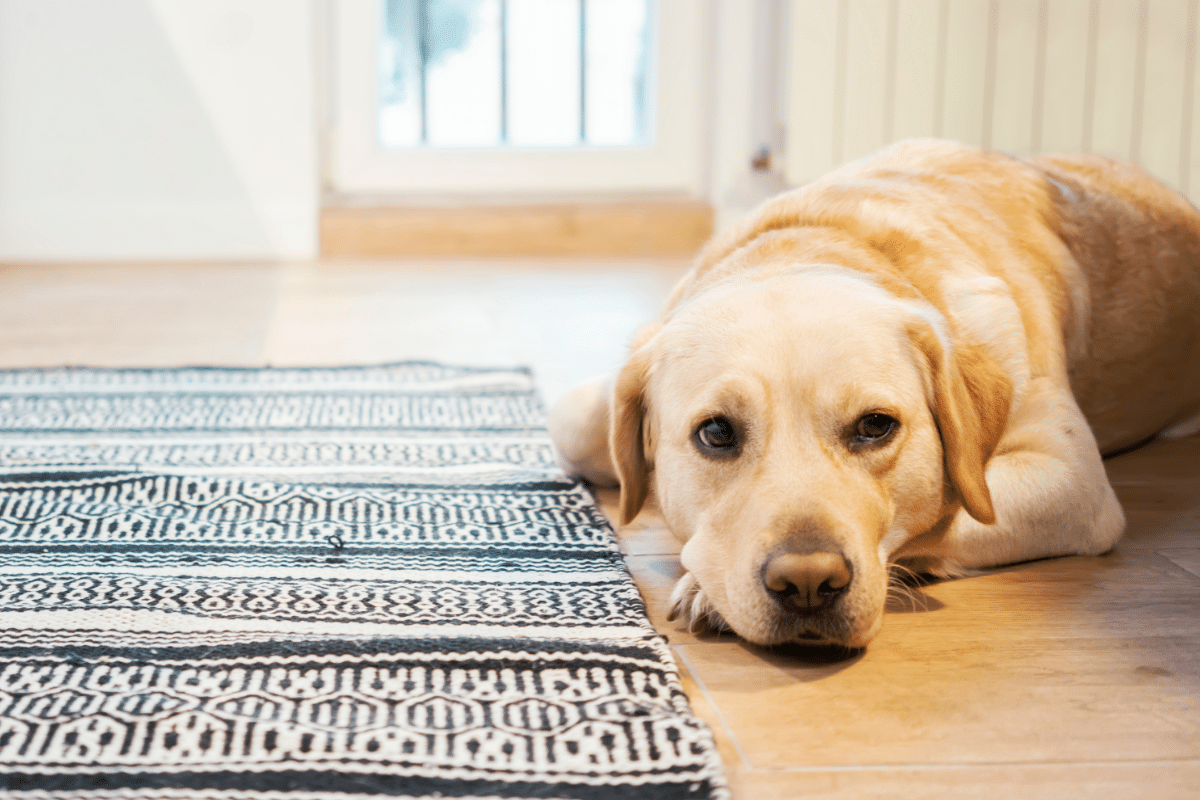Our four-legged friends are so important to us, it’s only natural that we want to do everything we can to keep them happy and healthy. In this article, we’re covering some top tips for dog owners on how to keep your pooch healthy and ensure they have a great quality of life.
The Right Diet
Step one for dog health is making sure that they have the right diet. Feeding your dog the right kind of foods in the correct quantities can not only help to control their weight but will also make sure they’re getting all the nutrients and vitamins they need.
Some signs of an unsuitable diet include an upset tummy, dry, itchy or flaky skin, a dull coat, and a lack of energy. Try switching to a sensitive dog food to see if this can help your pooch or if you’re struggling to find a diet to suit your dog, your vet will be able to advise you on the options available.
Exercise
Different dogs require different levels of exercise, with energetic breeds such as labradors and retrievers, and working breeds such as springer spaniels and border collies needing upwards of two hours of exercise each day.
Even small breeds with lower energy levels such as chihuahuas and pomeranians will need one or two shorter walks per day.
Monitor Their Behaviour
An animal’s behaviour is often a key indicator of what’s going on internally so if they’re straying from their usual habits then it could be an early indicator that something is wrong.
Destructive behaviours such as digging up carpets or chewing furniture, for example, can be a sign of separation anxiety or boredom. A dog that suddenly seems withdrawn or more lethargic may have an underlying health issue, and a previously housetrained dog suddenly going to the toilet inside the home could indicate anything from a urinary tract infection to territorial marking.
Knowing your dog’s usual routines, habits and behaviours makes it easier to spot when something is out of the ordinary and seek advice before it becomes a bigger issue.
Regular Grooming
Dog grooming doesn’t just ensure your animal is looking good, it can be an essential barrier between your dog and health problems. Matted fur, overgrown nails and unclean teeth and ears can be a detriment to your dog’s health so regular grooming is key to their overall wellbeing.
Different breeds have different grooming requirements depending on the type of coat they have. Long-haired breeds such as Afghan Hounds will require daily brushing, whereas dogs with short coats such as Greyhounds and Beagles are much more low-maintenance.
All dogs will need some grooming, however, whether that’s a regular ear and teeth cleaning or trips to the groomer for a haircut. Try to introduce your pooch to baths and brushing as soon as you can and offer plenty of reassurance and rewards for good behaviour. This will make them view grooming as something fun and pleasant, making it a more positive experience for you both.



